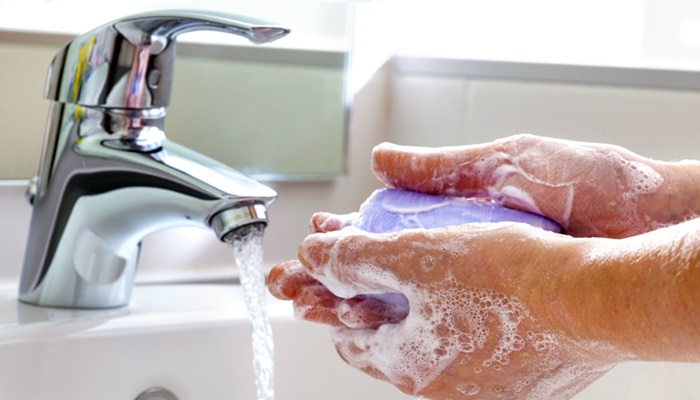Unclean hands, leading cause of diseases globally – Expert
Dr Nubwa Medugu, Consultant Pathologist, National Hospital, Abuja, has called for regular practice of hand washing to prevent the spread of infections that can result in diseases and death.
She made the call in an interview with News Agency of Nigeria (NAN) on Friday in Abuja.
According to her, infectious diseases, many of which spread by unclean hands, remain the leading cause of death and diseases, hence the need to wash hands with clean soap and water.
Medugu said it was important for every individual, patients, health practitioners and the public to imbibe the culture of hand hygiene.
She added that such practice was an important strategy to preventing the spread of diseases, while saving lives.
“Good hand-hygiene habits are essential to reducing the spread of germs such as pathogenic bacteria, viruses, fungi and others which cause diseases in humans.
“It can help reduce the risk of infections such as flu, food poisoning and healthcare associated infections which can be passed from one person to another.
“The hand is a very valuable part of the body; it is used to collect money, exchange gifts, eat, hold and touch surfaces. It can also be destructive through transmission of infections, which can lead to death.
According to World Health Organisation, infection prevention and control, including hand hygiene, is critical to achieving universal health coverage.
Medugu said this had been proven through practical and evidence-based approach, with demonstrated impact on quality of care and patients’ safety.
She explained that there were billions of unseen germs on the hands, adding that a culture of hand washing with soap would combat diarrhoea and acute respiratory infections taking the lives of millions of children.
The consultant stressed the need for health practitioners to also practice hand hygiene, as doctors and nurses could transmit infections to patients and vice versa.
Medugu said studies had established that about one third of patients that died in hospitals did so due to infections, stressing that this was a huge burden that needed to be addressed in health facilities across the country.
She listed some of the most common causes of food-borne diseases and food poisoning as bacteria, viruses and parasites.
The consultant pathologist said that reactions to the germs could range from mild gastric discomfort, diarrhoea to death.
She urged both adults and children to wash their hands before and after cooking food, before and after eating food, after using the toilet.
Others, according to her, include after blowing the nose, sneezing or coughing when sick, after touching an animal or its feed, and after touching or taking out the garbage.
She advised that in practicing hand hygiene, the finger nails and hands should be properly washed back to back to ensure every part of hands was clean.
She called on health authorities at all levels of government to create school health programmes to disseminate information on personal, hand and environmental hygiene to break the cycle of infection transmission.
-NAN




